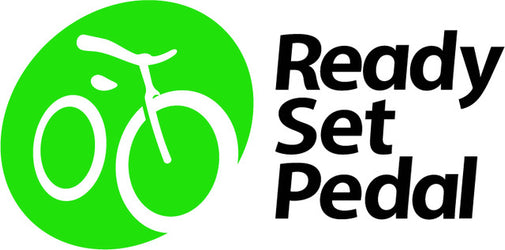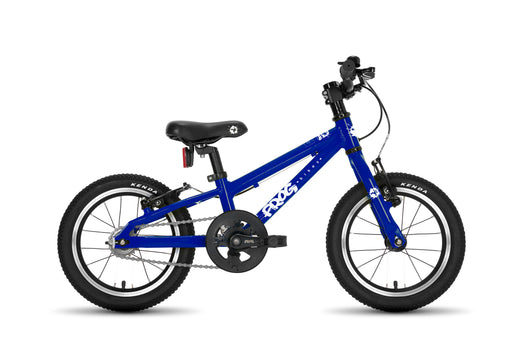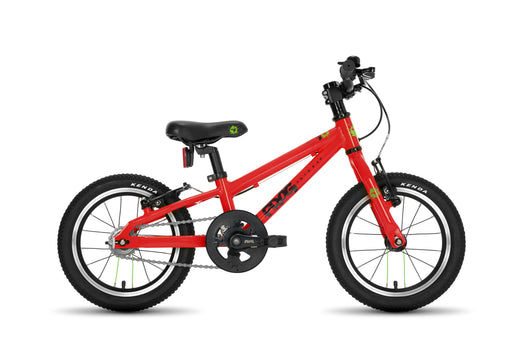MIPS (Multi-Directional Impact Protection System) and Lazer Kineticore are two different technologies used in bicycle helmets.
MIPS is a safety system designed to reduce the rotational forces that can occur in a crash. It uses a low-friction layer that allows the helmet to slide relative to the head, reducing rotational forces that can cause injury.
Lazer Kineticore, on the other hand, is a technology developed by Lazer, a Belgian manufacturer of cycling helmets. It is designed to reduce the amount of energy transferred to the head in the event of a crash by using a combination of materials that deform and absorb energy upon impact.
In conclusion, both MIPS and Lazer Kineticore aim to reduce injury during a crash, but they do so through different means. MIPS reduces rotational forces, while Lazer Kineticore reduces energy transfer to the head.
The benefits of using a helmet with MIPS (Multi-Directional Impact Protection System) technology include:
-
Reduced risk of brain injury: MIPS is designed to reduce rotational forces that can cause injury to the brain in the event of a crash.
-
Improved safety: MIPS has been proven to provide better protection in oblique impact tests, which are a common cause of brain injury.
-
More comfort: MIPS helmets are designed to reduce the amount of pressure that is transferred to the head during a crash, making them more comfortable to wear.
-
Versatile protection: MIPS technology can be used in a wide range of helmet styles, including road, mountain, and recreational helmets, providing protection for a variety of cycling activities.
-
Trusted technology: MIPS has been tested and used by leading helmet manufacturers for several years, and has become a well-established and trusted technology in the cycling community.
Overall, MIPS technology provides an additional layer of protection in a helmet that can help reduce the risk of brain injury in the event of a crash.











